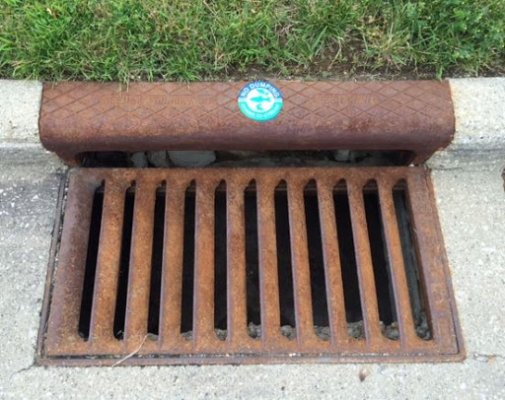Jolly Mon
Member
Hi all:
Looking for some advise from those more experienced than this new guy (me)....
I finished washing/scrubbing/scraping, the Magma kettle grill using a large cooler as my "sink/wash bucket. Now the grill is clean , but I have a cooler of dirty, soapy water and not sure what to do with it. Can it be dumped in the marina or do I have to treat as oil and take to a haz mat waste site?
Appreciate any insights.
Thanks,
Jolly Mon crew of 1
Looking for some advise from those more experienced than this new guy (me)....
I finished washing/scrubbing/scraping, the Magma kettle grill using a large cooler as my "sink/wash bucket. Now the grill is clean , but I have a cooler of dirty, soapy water and not sure what to do with it. Can it be dumped in the marina or do I have to treat as oil and take to a haz mat waste site?
Appreciate any insights.
Thanks,
Jolly Mon crew of 1


